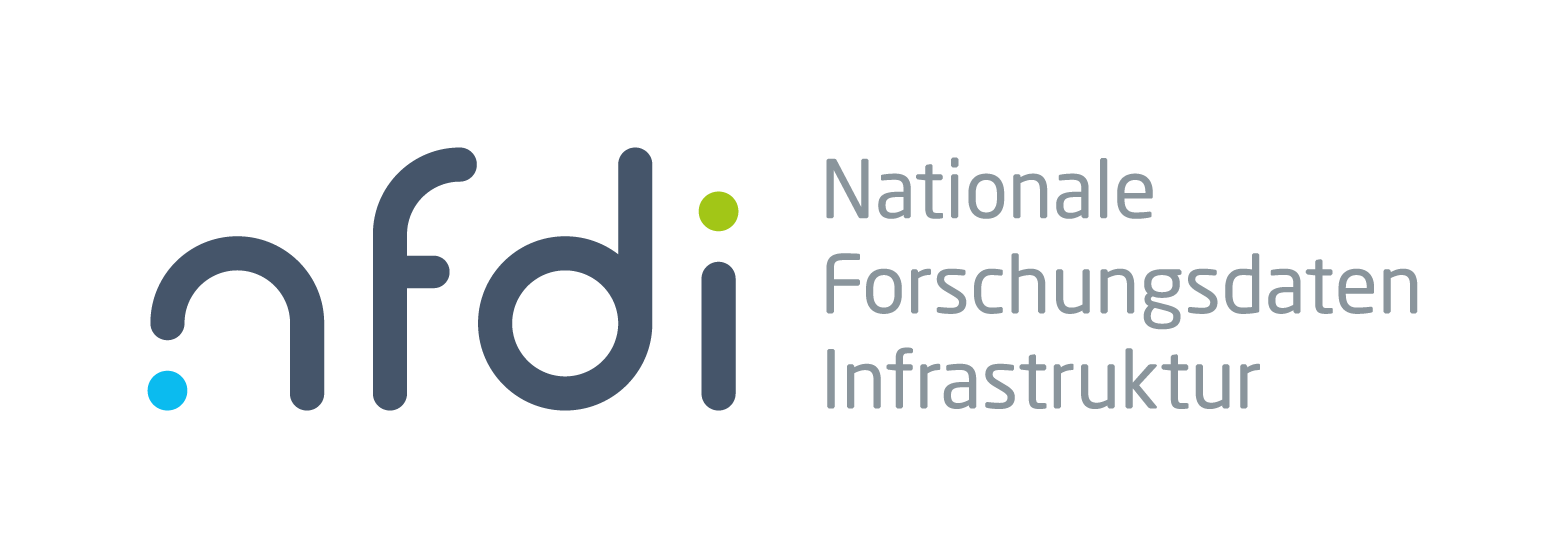NFDI 4MemoryBuilding the Digital Future of the Past
18 November 2022

Photo: CSMC
In early November, the Joint Scientific Conference admitted eight new consortia to the German National Research Data Infrastructure. Among them is 4Memory, a consortium of historically oriented humanities in which the Cluster of Excellence Understanding Written Artefacts is one of the participants.
Science draws on data. In the digital age, scientific communities have to find ways to efficiently use available data generated by different actors in order to remain competitive. In this respect, fragmented structures, temporary funding of projects, and a lack of common standards are counterproductive. Launched in 2019, the 'German National Research Data Infrastructure' ('Nationale Forschungsdateninfrastruktur'; NFDI) is therefore intended to systematically develop, secure, and make accessible the wealth of data spread across the German science system, and to make them interconnectable with international initiatives.
The NFDI is structured in 27 consortia. These bring together subject-specific research communities to adequately address the different needs and requirements in the natural sciences, humanities, social sciences, et cetera. The consortia were accepted into the funding programme in three phases by the 'Joint Science Conference’ ('Gemeinsame Wissenschaftskonferenz'; GWK). The final eight were approved by the GWK on 4 November 2022.

Among these is ‘4Memory’, which is led from the Leibniz Institute of European History and in which the Cluster of Excellence ‘Understanding Written Artefacts’ is a partner. This consortium brings together different actors from the historically oriented humanities. In addition to the diverse historical sciences, related subjects with historical research interests as well as archives, collections, libraries, and infrastructure institutions that collect, process, and research historically relevant data are represented as well. By expanding digital services, developing common standards, and making headway in the area of data literacy, 4Memory seeks to contribute to ‘a new scientific order for the digital future of the past’.
With its Research Field ‘Data Linking’ and specifically through Stefan Thiemann, the Cluster of Excellence ‘Understanding Written Artefacts’ participates in the activities of 4Memory. One of the core aims of Data Linking is to build an infrastructure for data obtained from the material study of written artefacts.


